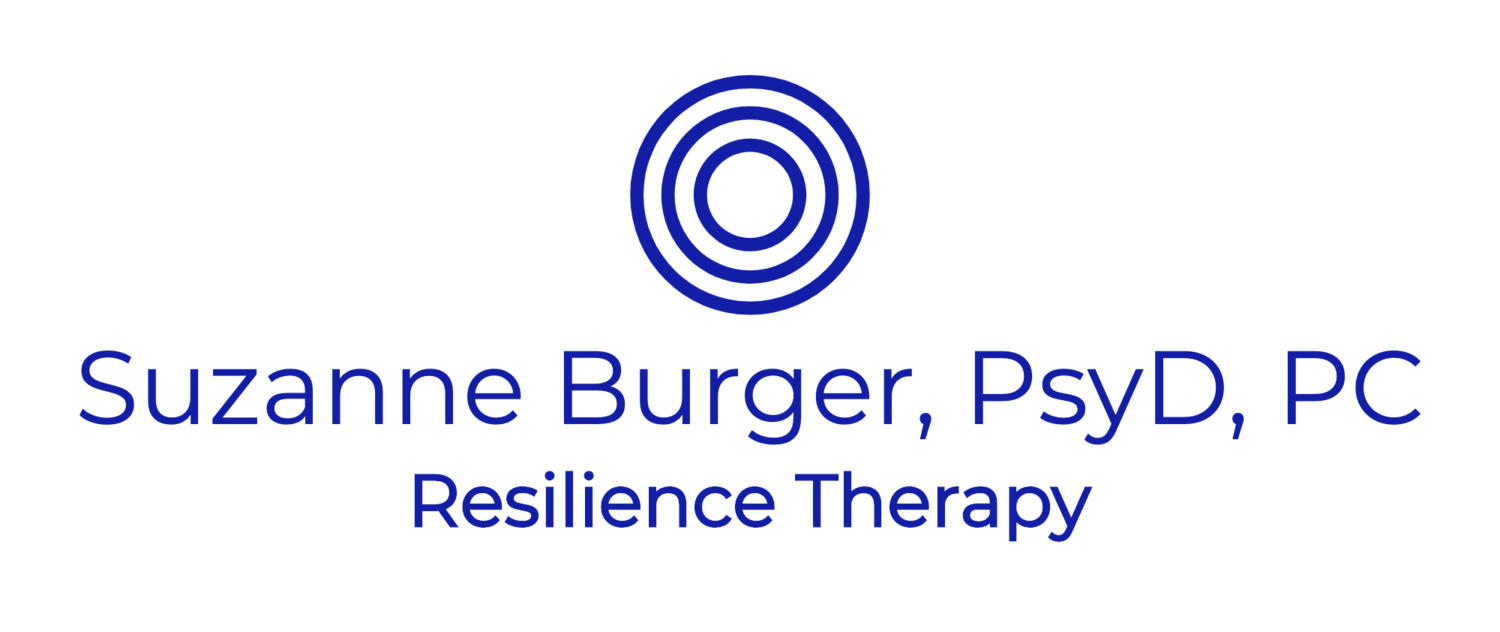Our Wish for Certainty, Control and Connection During the COVID-19 Pandemic
/Certainty, control, connection. As human beings, we crave all three of these, what I like to call, the three “C”s. COVID-19 is challenging them all. So much has changed in such a short matter of time that many people working from home, barely going out except to walk, bike or buy groceries, are still in the first stage of adjusting to fundamental changes.
As scientists and strategists continue to work on understanding the virus, its origin, its behavior, and, ultimately, its cure, we have more questions than answers. As individuals and families, we ask how to disinfect our clothes, what kinds of masks are safe to DIY, whether we can go visit our 85 year-old-mother, etc… We want experts to give us answers about when we can return to work or some semblance of our lives prior to March of 2020. And for many people, the lack of clarity and uncertainty triggers anxiety and even fear. The current situation may tap into old experiences from our childhood when our parents who were supposed to provide us with a sense of security and predictability failed to do so. It’s not surprising that I have clients who struggle most with this aspect of the pandemic.
Finding predictability now is therefore going to be more important to people who especially crave certainty and are reacting to the pandemic by feeling that everything in their lives has been uprooted and turned upside down. For you, key strategies to cope more effectively include the following: creating and maintaining routines. Keep to a regular schedule. Clarify roles and responsibilities with the other members of your household, even school-aged children. Create order and structure where and when you can. You don’t know when you will be returning to your office. You can know when you will be eating dinner and it can be the same as it was last night and will be tomorrow night. Routines, schedules, and rituals help people navigate time, particularly times of crisis and change, more effectively.
“We are masters of our destiny.” Some people live by this creed even though it is, to a large extent, an illusion. And yet our society is very much built on the notion that as Americans we can do whatever we set our minds and bodies to. We are a competitive society and believe that grit and hard work will lead to positive outcomes. And we also value individual free will and self-determination. This foundation has been severely and abruptly shaken by the COVID-19 virus. Our political leaders are prescribing how we can live right now to some degree and for many people, this triggers strong reactions. I have clients who complain of being “trapped”, “tethered”, “oppressed” as just some of the terms they’ve mentioned. And yes there are real restraints on our capacity to move and to make decisions. We can’t go to the movie theater or gather together with our extended family or friends.
Many people respond to this with anger and resentment. Having an authority set rules can trigger memories of overly strict and even abusive parents and people with that past experience are more likely to be feeling irritable or to be rebelling by finding ways around the restrictions. It’s important to recognize that even before the pandemic, there were things we did not control. We had to be at work at a certain time, attend meetings we might not choose to, etc… And now, what I tell people who feel caged is that they are banging against the three sides of the cage but, if they turned around, they’d notice that the fourth side has an open door. There are many opportunities for self-expression, growth and emotional freedom (at least for those not on the front lines nor facing basic challenges around shelter and sustenance) this pause has unveiled. Reframe how you see the constraints and confinement and notice the real opportunities for creativity, connection, peace, rest, humor, etc…
Finally, our need for connection to other people is an essential aspect of being human. While the social distancing guidelines prevent us from sharing physical space with many if not all the important people in our lives, people have been connecting in other important ways. We are fortunate to have the Internet where groups are coming together in song, prayer, movement. Some are cooking together remotely. Others are doing craft projects or playing trivia games together. It’s not the same, but it still provides a real opportunity for connection, compassion and community. And certainly you can go out for a walk, unless you are ill or in a really congested urban area, and maintain appropriate social distance while talking with a friend.
The economic hardship and the loss of life created by the COVID-19 pandemic are real. The fear and sadness they evoke are powerful. And still, there are ways for many of us to use this time to develop new emotional and cognitive coping strategies. My next post will provide more details regarding helpful tools for coping well.


